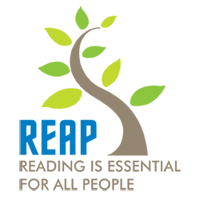Nicholson Elementary implements a groundbreaking plan to build strong readers
Nicholson’s plan includes training, assessment, instruction & intervention
Nicholson Elementary is going all in to attack reading
challenges! Principal Faith Harmeyer wants to prepare her teachers to build the
best possible readers. She’s a tireless champion for her large population of
struggling readers, including students with dyslexia, English language
learners, and economically disadvantaged students. She believes in the
potential of every child, and has whole-heartedly embraced the opportunity to
revolutionize the way her school educates and supports readers.
REAP is excited when schools train some of their teachers,
but Nicholson worked with REAP to create a groundbreaking comprehensive plan
for teacher training plus implementation, student assessment, and reading
interventions.
Principal Harmeyer is not just along for the ride, but has
bent over backwards to facilitate the training and assessments with REAP to
ensure her teachers are invested and prepared to teach reading effectively to
all students.
Nicholson is committed to moving all readers forward
through:
Teacher training in Structured Literacy
Structured Literacy training for all teachers K-2,
Intervention, ESS, and ESOL.
Practical Application training
Practical application training includes modeling,
co-teaching, and coaching to prepare teachers for success in the classroom.
Consistent implementation in the classroom
Consistently implementing Structured Literacy instruction in
the classroom for all children.
Accurate reading assessment with Acadience
Implementing Acadience (formerly DIBELs) assessments to
accurately measure each child’s reading skills 3 x per year.
Effective reading interventions
Pinpointing areas of struggle and implementing interventions
to better meet the needs of all readers.
What about results?
Nicholson and REAP are eagerly awaiting the data as we
implement this plan during the 2019-2020 school year. Stay tuned for details
about the results!
Nicholson Elementary is a public school in the Cobb
County school district in metro Atlanta.
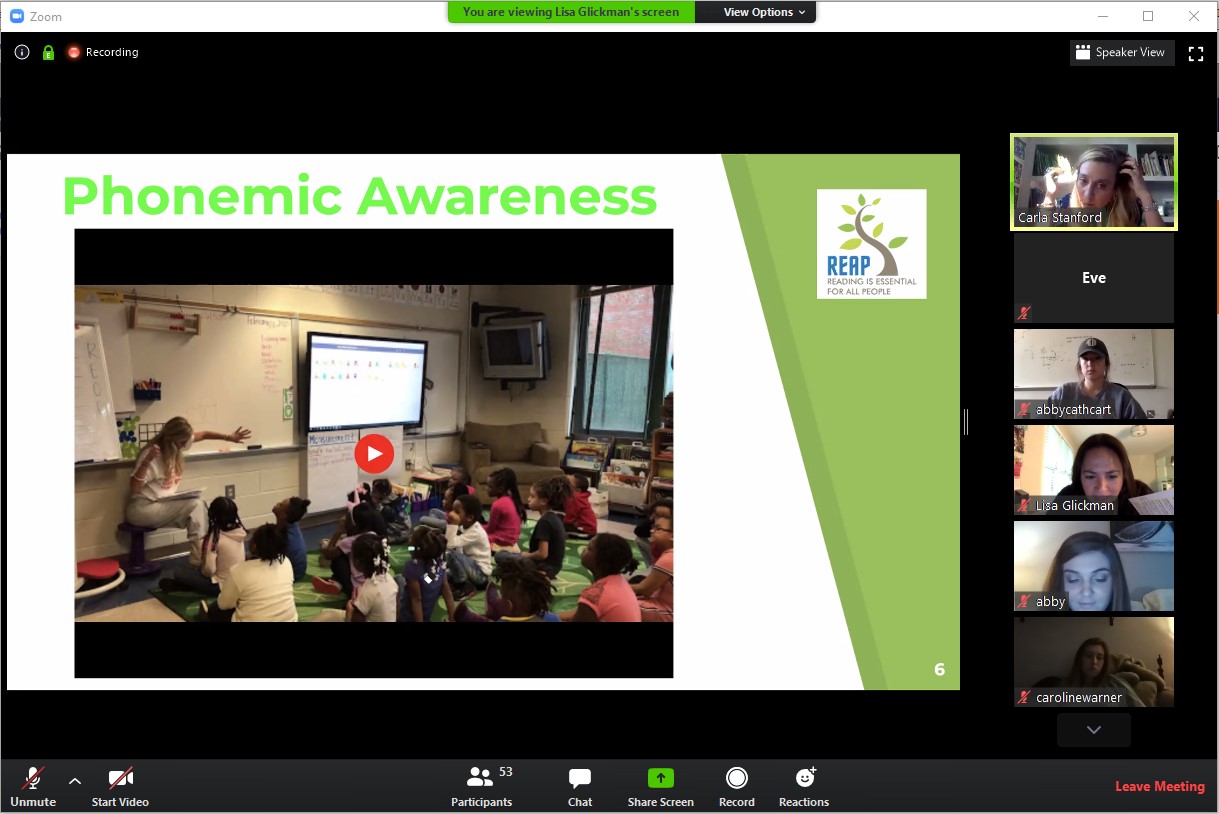

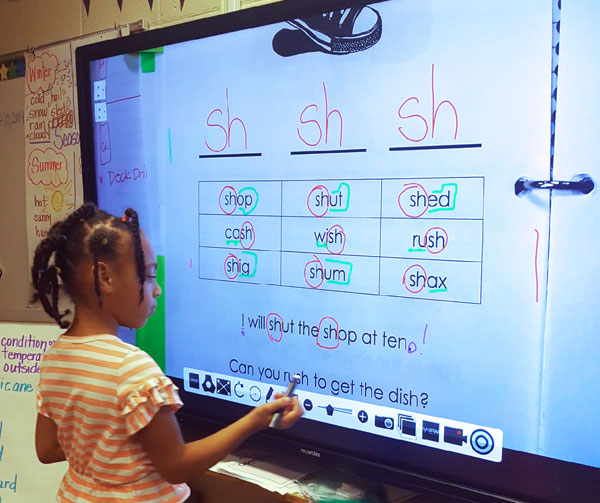
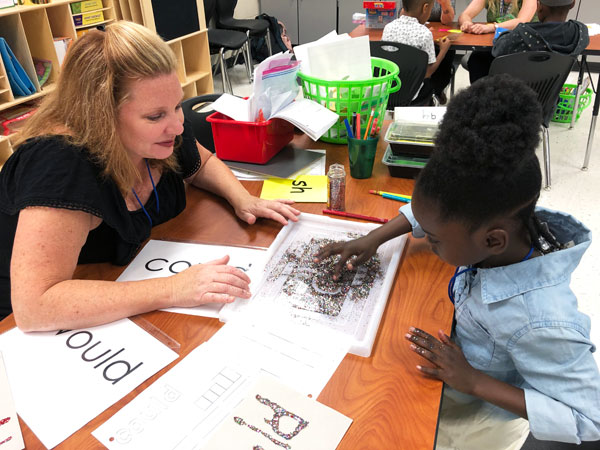


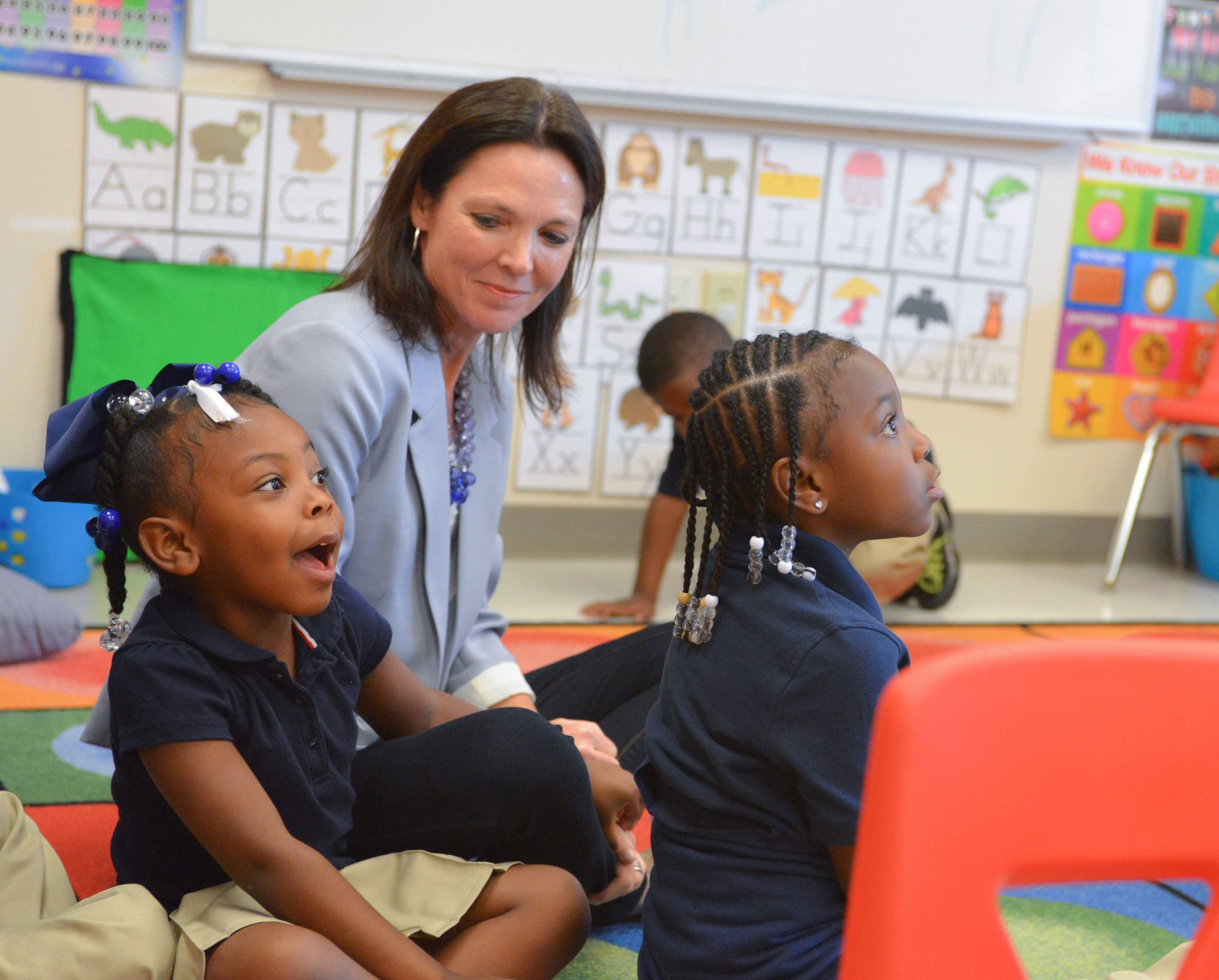
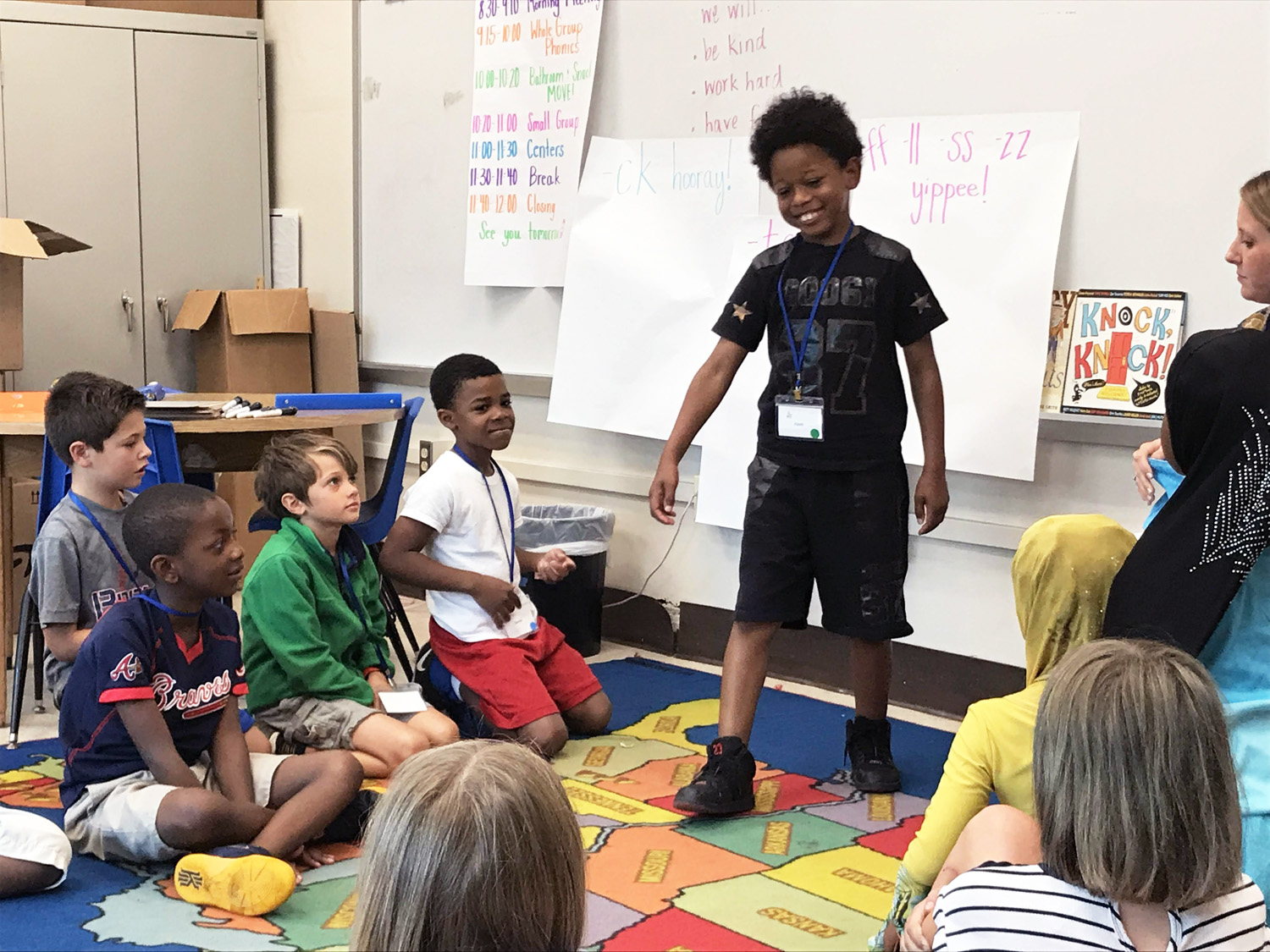
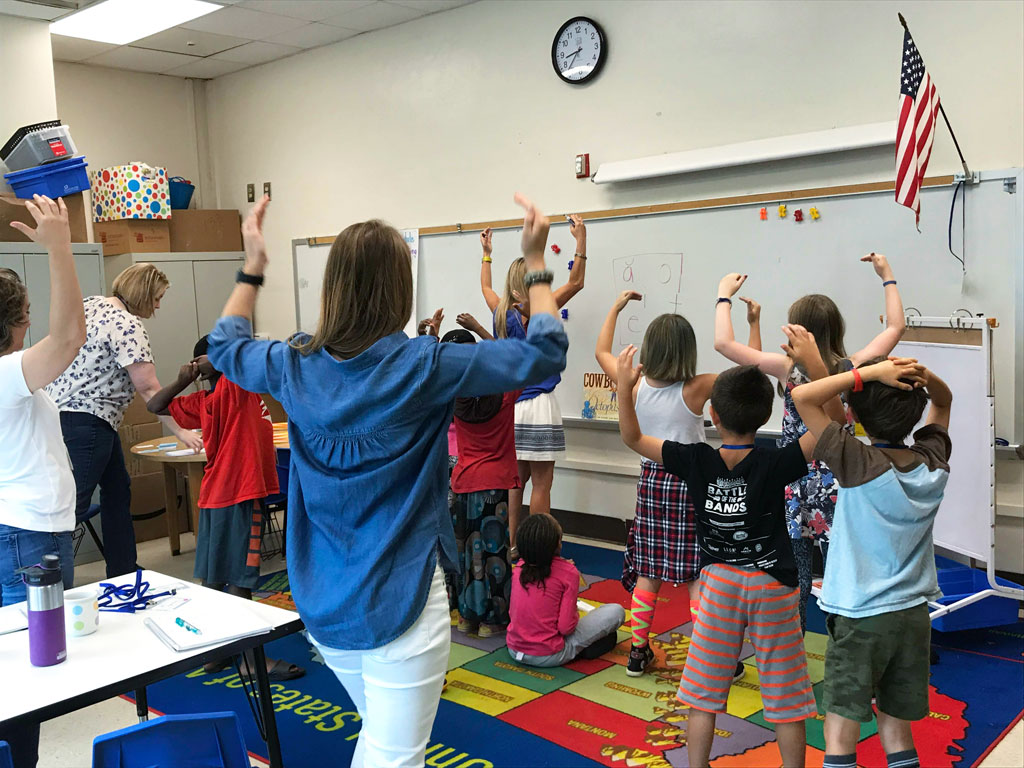
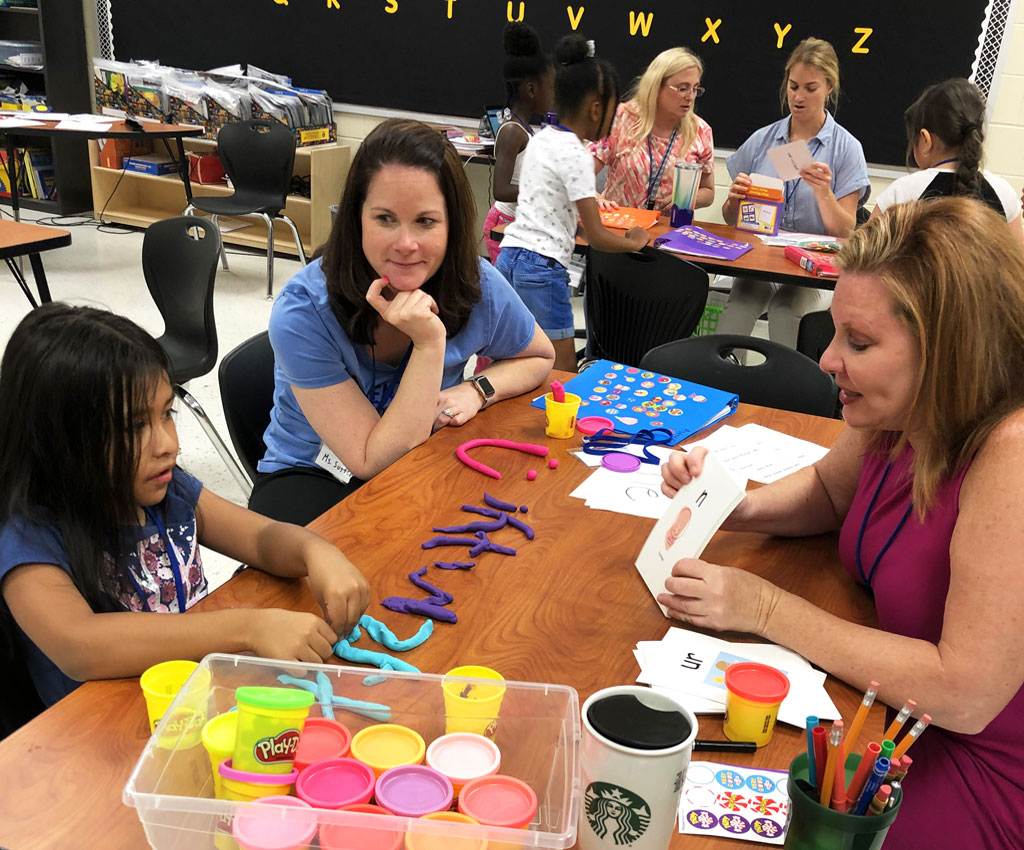
 The results?
The results?